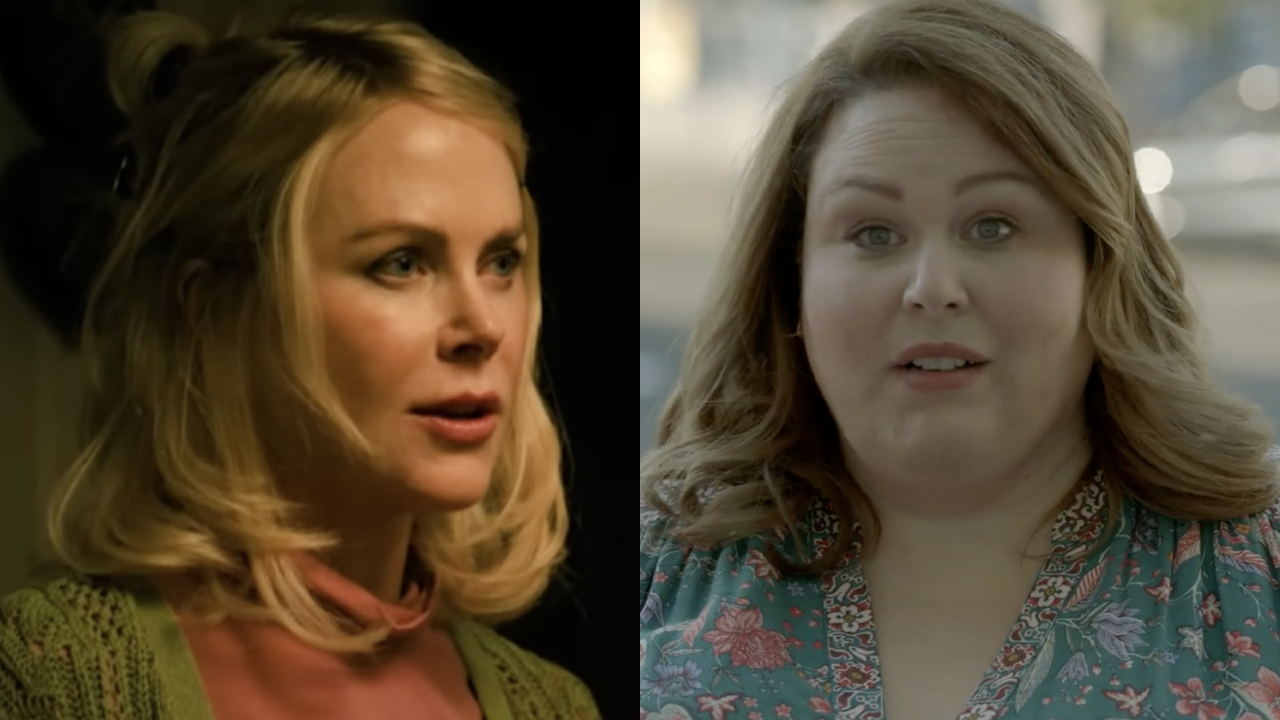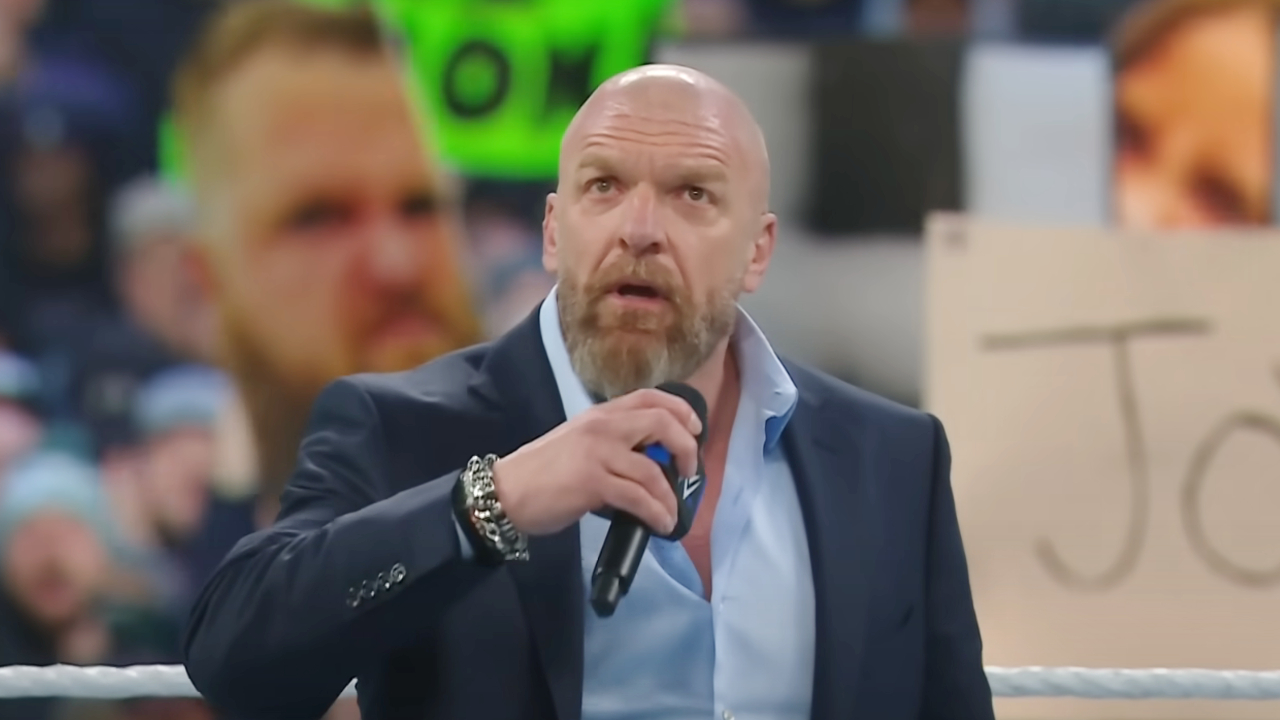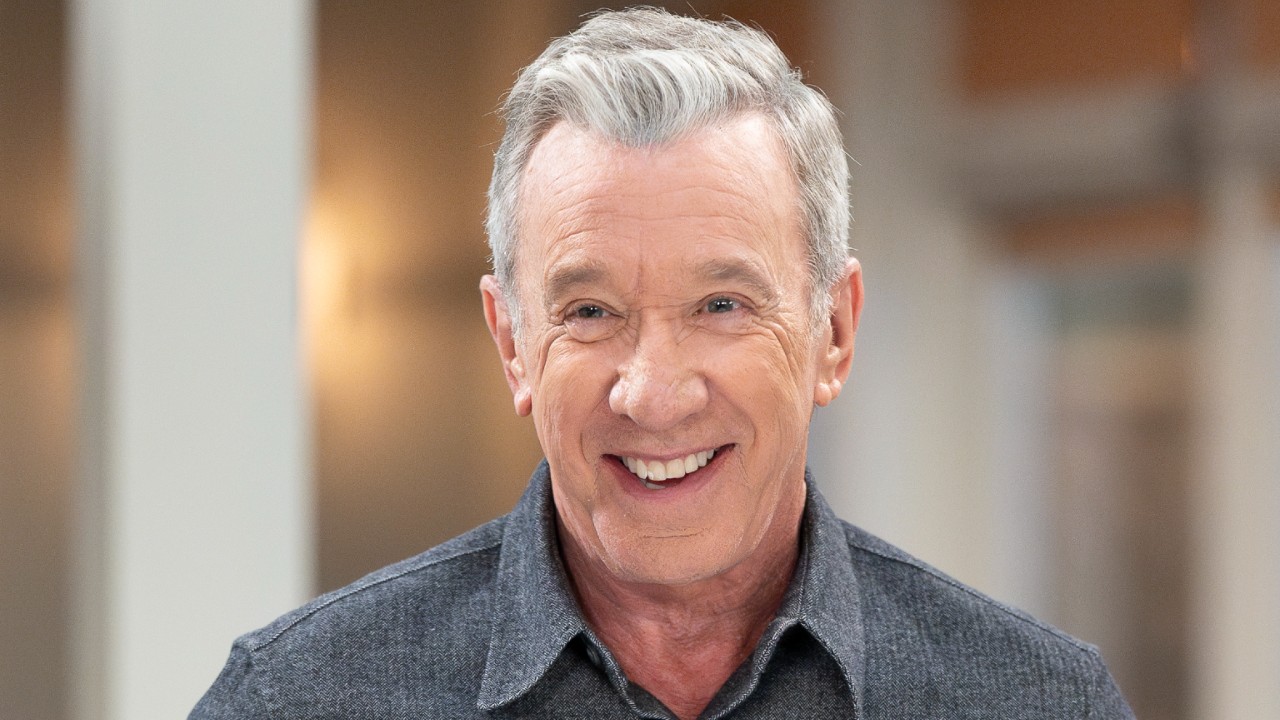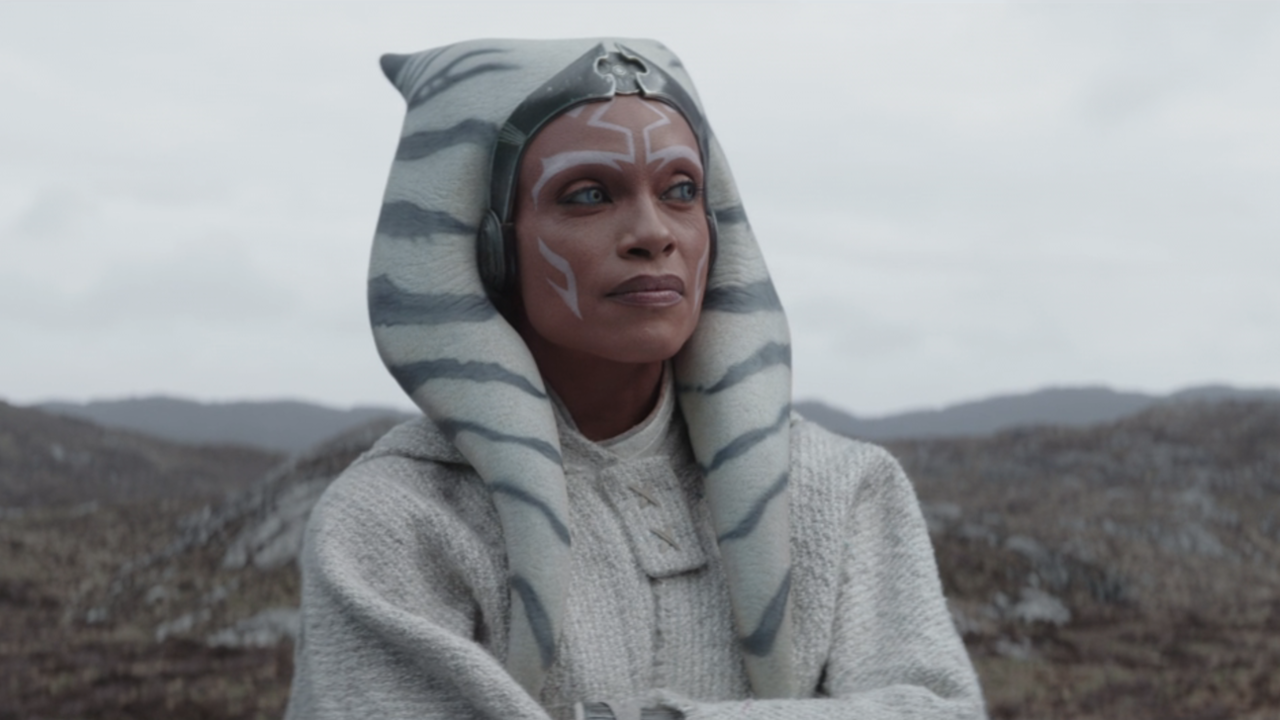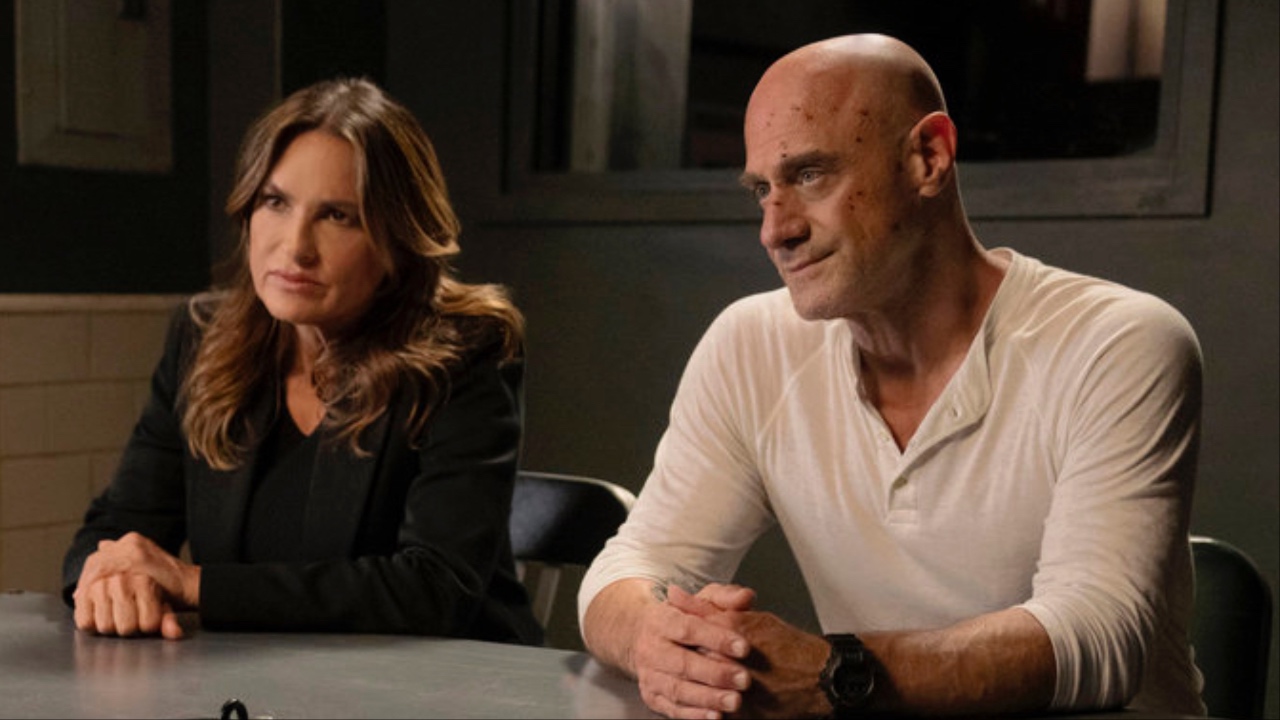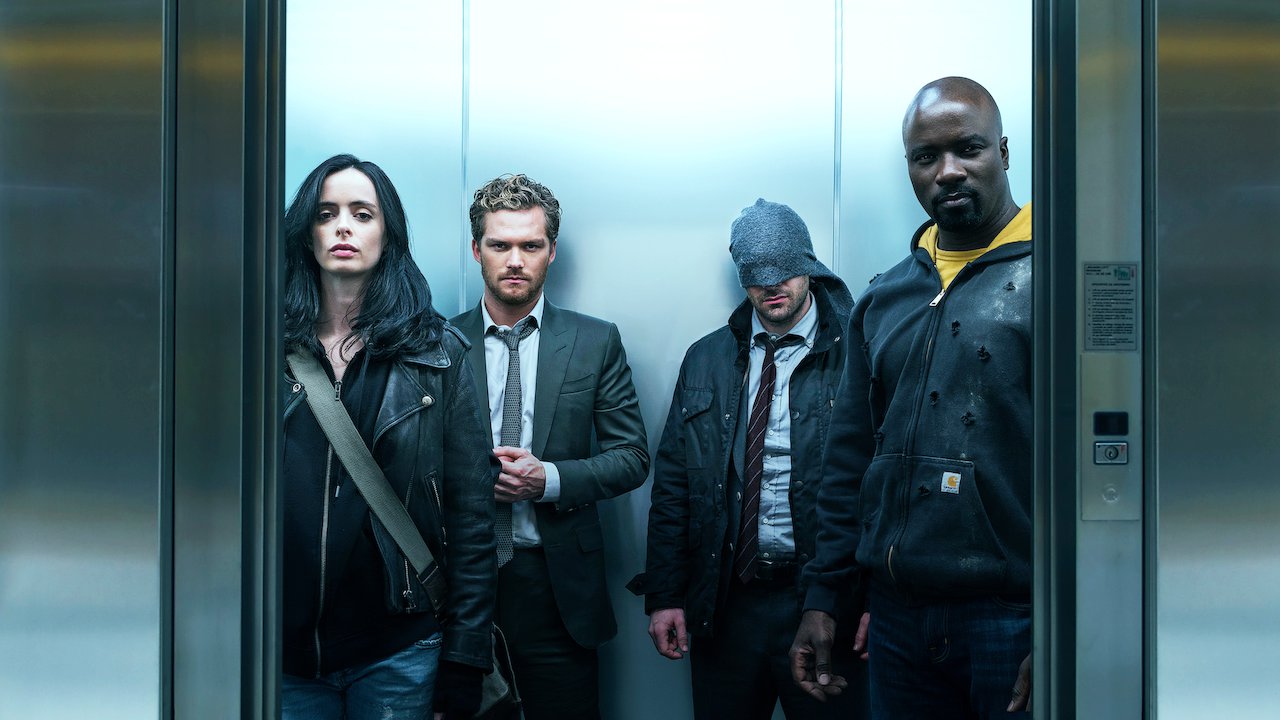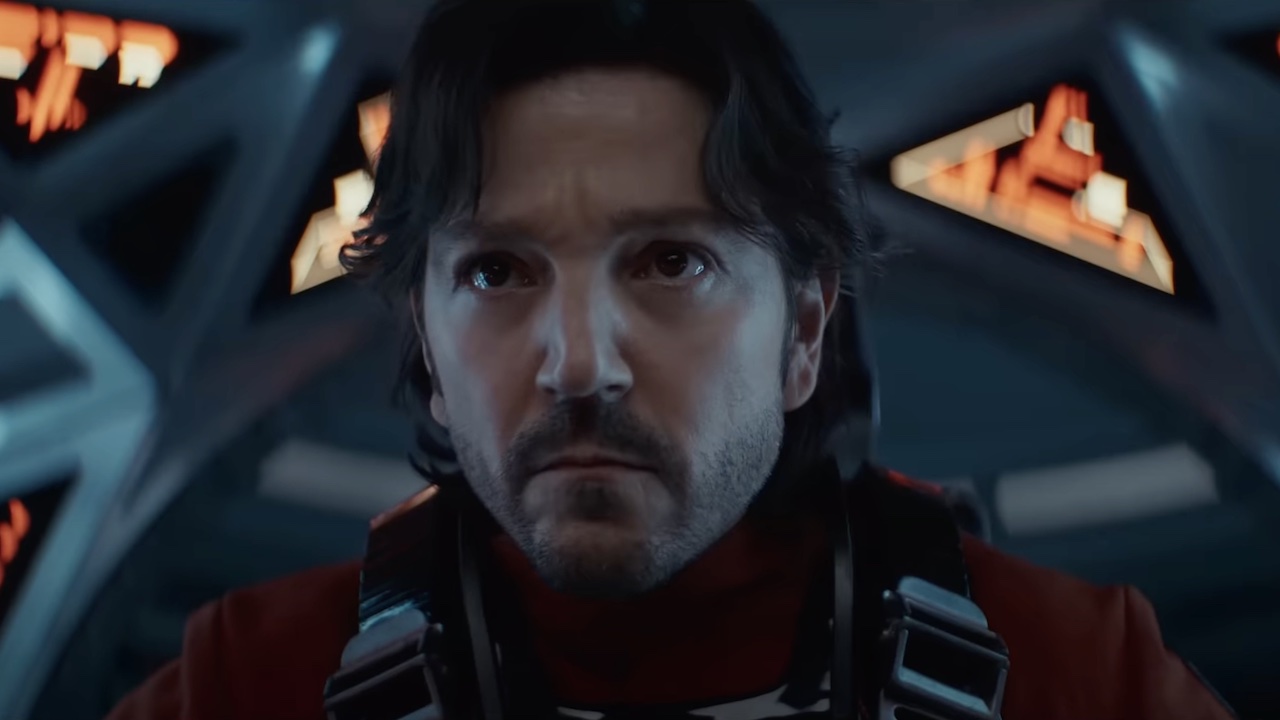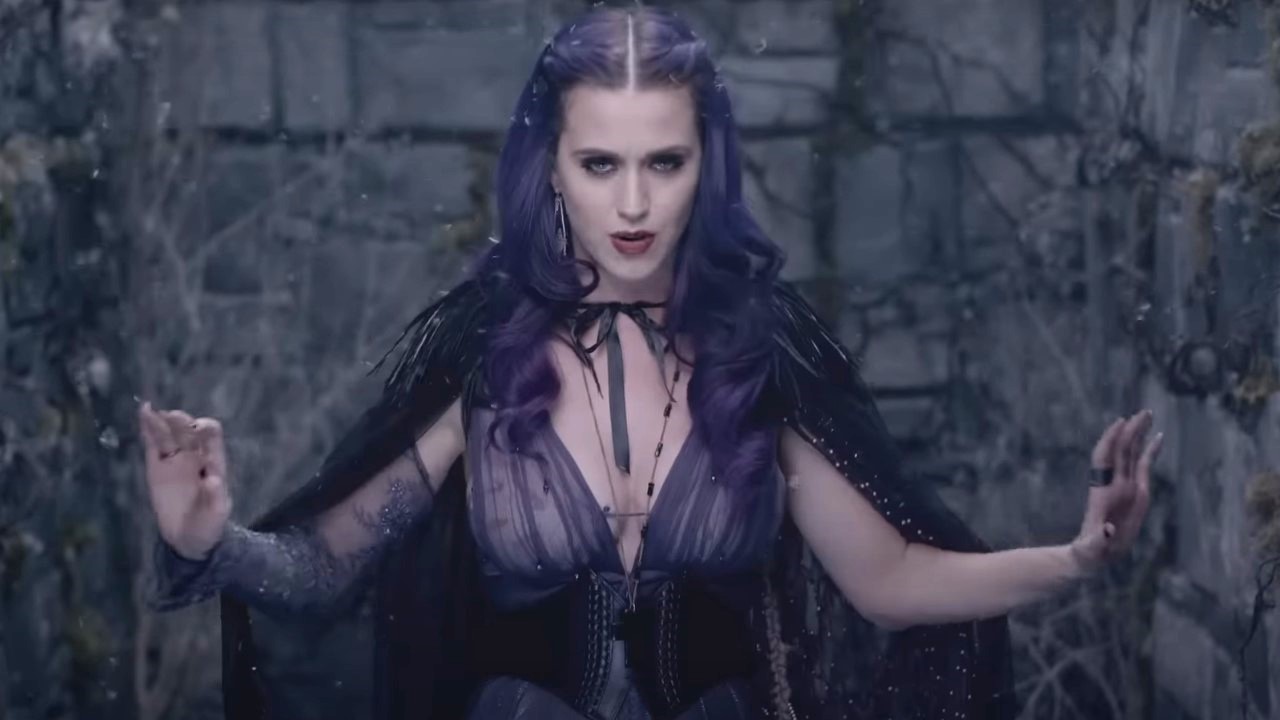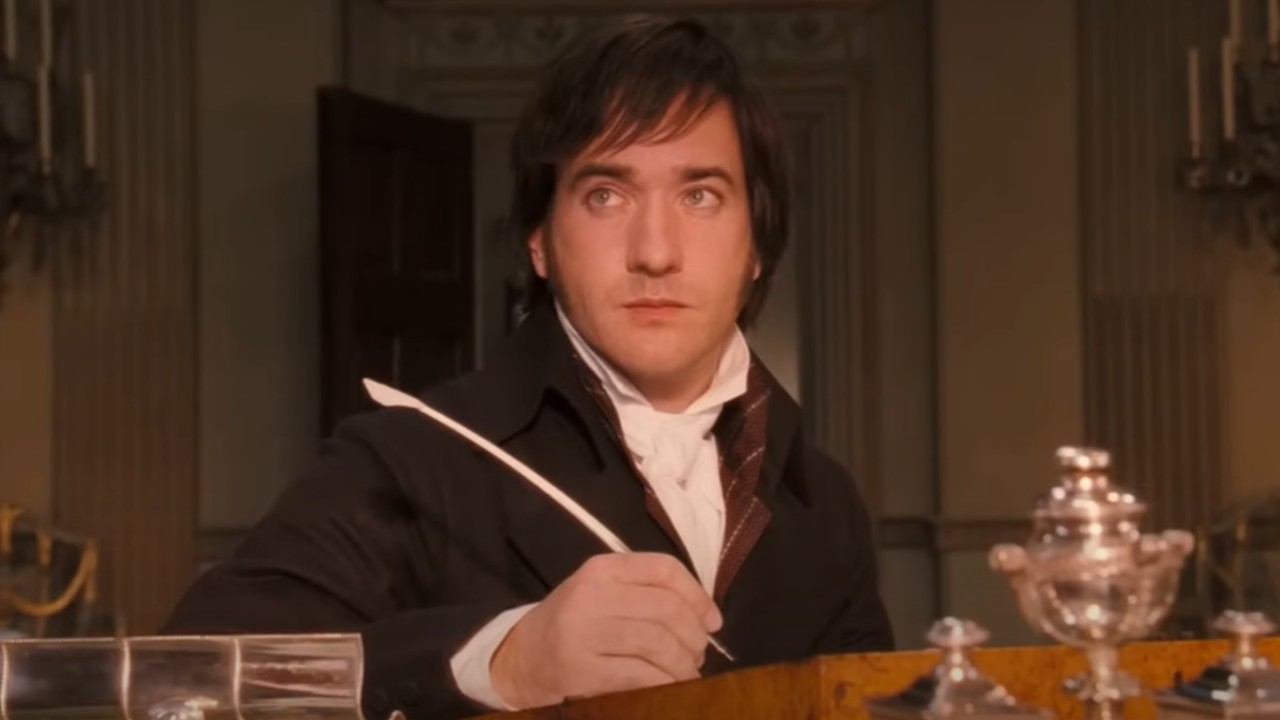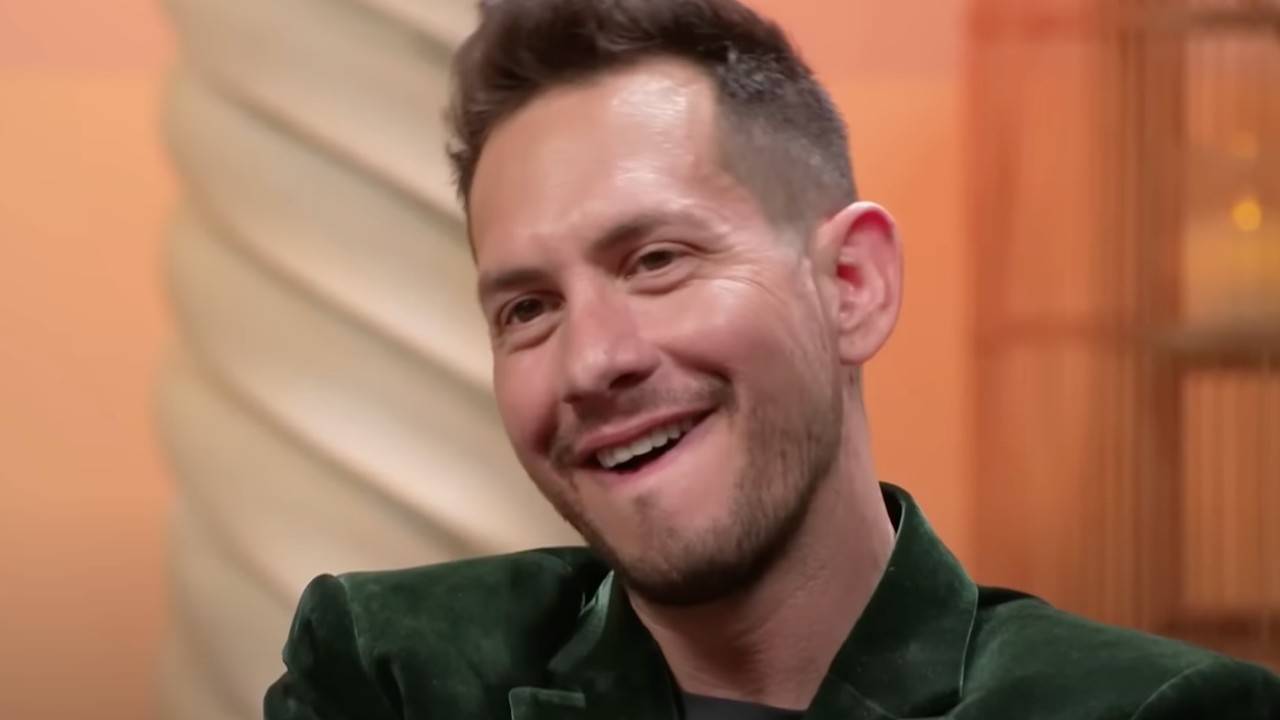Exclusive Interview: Pirates Of The Caribbean's Geoffrey Rush
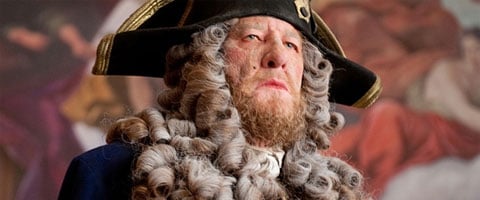
Though Johnny Depp’s Jack Sparrow is the face of the Pirates of the Caribbean movies, Geoffrey Rush’s Hector Barbossa is unquestionably one of the most important pieces in the franchise. Through three movies, capping off with this weekend’s Pirates of the Caribbean: On Stranger Tides (it’s hard to count Rush’s cameo in the second film), Barbossa has undergone the greatest amount of change and, one could easily argue has the most interesting arc. That certainly continues in On Stranger Tides when he gives up his pirating ways and becomes a privateer in the King’s navy.
A couple weeks ago I was invited to sit down with Geoffrey Rush for a one-on-one interview, in which we discussed the scale of the enormous scale of the new film, collaborating with Rob Marshall in the direction of his character, and comparing the experience of working with Marshall in contrast to Gore Verbinski, who directed the three previous Pirate films. Check out the interview below.
These huge press days must be pretty exhausting to get through.
Look, the scale of this film is big. It’s big in its execution and its preparation and in its promotion, everything happens, I don’t think for false sense of grandeur, it’s just that that’s the scale of what it is. I know when we were shooting it, there were days where you’d look around and think, well you’d see on the call sheet, “Eight hundred people for lunch,” you know, in the middle of a tropical island or something, and you think, okay, that’s kind of, that’s where these budgets go. You’ve got marine teams who just have to ferry a huge number of cast and crew on and off in boats, or thirty miles out at sea. You’ve got stunt doubles, you’ve got a hundred and twenty background pirates who are all gonna be made up. It’s kind of jaw dropping.
There were two-year gaps between the first three films, but a four-year gap between the third and the fourth. Did you ever get the sense that, while there has always been demand for another one, did you ever feel like you’d never get to play Hector Barbossa again?
Yeah, they were talking about that at the press conference the other day and I hadn’t really thought about the time gaps. I think when we did 2 and 3, which they shot simultaneously, mostly 2 but they did some 3 because of locations we were on at that time, just logistical reasons. I think at the end of that it felt like it had come to a conclusion, except that the writers have always written a sort of old Saturday morning serial cliffhanger. That’s almost part of the genre. The fact that the map came into existence, I suddenly felt I had it, and I opened it, and there’s a great, it’s a Bing Crosby/Bob Hope movie, you know what I mean? I’m looking through the map going, “Sparrow, do you think, the door is open...” But at that stage there was never any feeling of, you know, keep yourself available in the next eighteen months, we’re getting ready to roll. As Jerry explained the other day, the writers had really mined, and exhausted I would say, every mythological, every legendary, every historically based notion of the pirate world. We’d been off the end of the world, we had the East Indian Trading Company, we had Davy Jones for god sakes, we had the Kraken, we’d been to Singapore. I thought, what’s left? Mermaids! Which I think is worth the price of a ticket. It’s such an astonishing sequence.
I’m curious, there’s obviously been that before but there’s four movies, albeit your role in the second one is a bit smaller, how much input do you have in putting your character during your performance?
CINEMABLEND NEWSLETTER
Your Daily Blend of Entertainment News
I’m not, I mean, both Gore and Rob are very collaborative directors. There’s a massive structure on top of that and that’s mostly the finessing of the screenplay. You know, I mean, Ted and Terry write and fine tune and they move bricks around very carefully to make sure that the narrative stays in place and the whole thing doesn’t crumble. They try and keep it as entertaining as possible, and I think in this one there is such a fantastic blend of screwball comedy and high action adventure and a great fragile love story, all which Rob has marshaled into one kind of tone, which is really good. So I think it took longer on this one to just kind of explore it further and get it right, to take the opportunity of creating two major new characters, Ian and Penelope. That made it not feel like we were in a sausage factory. When you know that Penelope Cruz, who, to me delivered in Vicky Cristina Barcelona a performance of highly skilled high comedy, and then you see an Almodovar film and you go, no, she’s the world’s greatest dramatic actress. You go, we’re gonna get that on the Pirates, how fantastic! McShane was telling me yesterday, I said to you, for some reason I had said that I’m celebrating forty years, we were talking about looking films you had made ten years ago, he said, “Darling, I can look at films made in 1962!” So he’s no slouch, he’s been around. I said what was it, he said it was The Wild and the Willing. He said, “John Hurt and I were playing young students, can you believe it?” [laughs] It’s good.
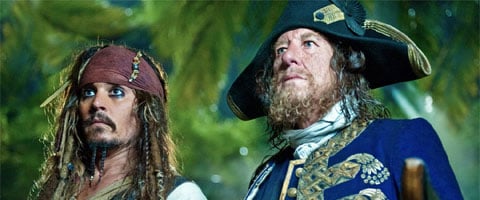
In terms of, as you mentioned, you’re working with Rob now after Gore for three films, and you as you mention, they’re both collaborative directors, but did you find key contrast between their style?
I suppose they’ve both got a deft sense of servicing and comedy, and they’re both really sharp at carefully mapped comedy where the build and the tension and the rhythm, they’re both masters of tempo I think. But I would say, Gore comes from more of a comic book, rock and roll background and Rob comes from a musical theater and musical film choreographing background. But the overlap, the Venn diagram overlap on that is still kind of really rich. Ted [Elliott] and Terry [Rossio] give you the great dialogue, I mean you’ve got heightened dialogue to match the size of the characters, the size of the personalities. I think in this film there are some absolute zingers. When I first saw the trailer online and I saw there are three distinct journeys in this film, so I didn’t see any of the Queen Anne’s revenge stuff, I didn’t see any of the Philip and Syrena and all that, so when I saw the trailers with Keith Richards saying, “Do you think this face looks like it’s been to the Fountain of Youth…” that’s a bloody good line!
In addition to this film, you’re also in another blockbuster later this summer, you’re voicing Tomar-Re in Green Lantern, how did that, did you come to that project?
When my agent phoned up and said, “Do you know the DC Comics thing?”, I said I was a major Superman fan when I was a kid, obsessed by it. The double “L” syndrome – Lana Lang, Lex Luthor, all of that. I said, “No, I don’t know the Green Lantern at all.” He said, “Are you interested?” and I said, “Haven’t they made that film?” He said, “Yeah, yeah. But this is a completely CGI character. He’s got some nice stuff to do, would you be interested?” I said, “Sure, send me the artwork and the script and everything.” Because they sent the artwork, I just identified so heavily with his torso [laughs]. I voiced an owl in Legends of the Guardians and I did a pelican in Finding Nemo, I think it’s time to add half fish, half lizard, to put that arrow in my quiver.
And then I got on line with Martin Campbell, I was doing a play in Sydney and I was in the studio there, and he was in LA, then I was involved, we did some over at Burbank the other day. It’s a fun thing. I’ve yet to meet Ryan Reynolds, you know? But having voiced cartoon/animated stuff before, you know that you’re in good hands. I was always blown away that Albert Brooks and Ellen DeGeneres met at the premiere [of Finding Nemo]. It sounds like they improvised off each other, riffing, but, you know, the creators of those worlds, they get lots of alternate takes, they let people off the leash, and then they have to kind of… because I don’t think much ever hits the cutting room floor in those films. They’re beautifully storyboarded and stuff.

Eric Eisenberg is the Assistant Managing Editor at CinemaBlend. After graduating Boston University and earning a bachelor’s degree in journalism, he took a part-time job as a staff writer for CinemaBlend, and after six months was offered the opportunity to move to Los Angeles and take on a newly created West Coast Editor position. Over a decade later, he's continuing to advance his interests and expertise. In addition to conducting filmmaker interviews and contributing to the news and feature content of the site, Eric also oversees the Movie Reviews section, writes the the weekend box office report (published Sundays), and is the site's resident Stephen King expert. He has two King-related columns.
